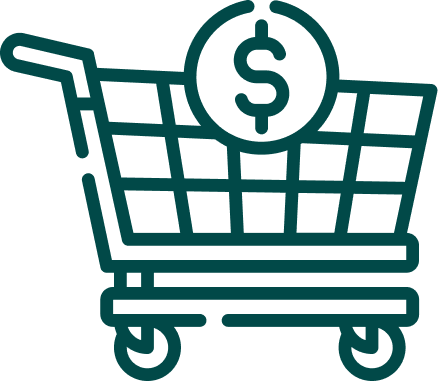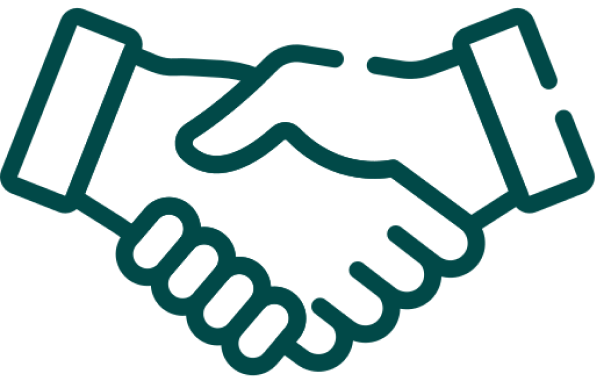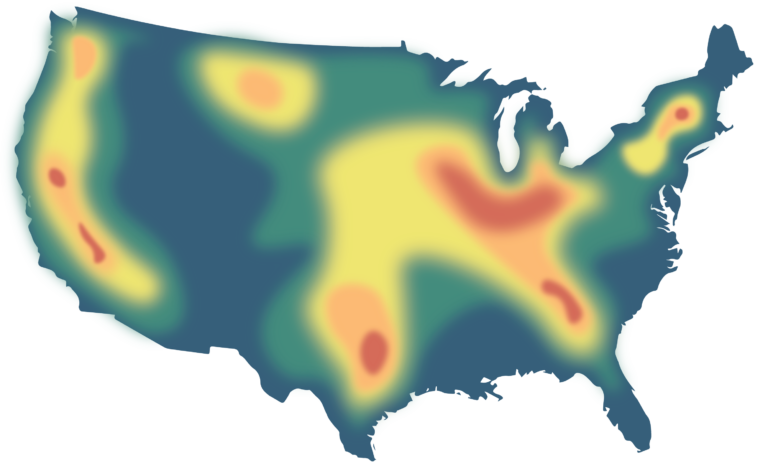Rheaply’s free-to-join Circular Marketplace connects organizations to unlock the full value of workplace resources and surplus materials.
Avoid unreliable supply chains and expensive waste disposal options. Sell materials locally and know what’s reusable near you. Rheaply’s Circular Marketplace help your business recapture value while keeping materials in use beyond their first life.

Source materials from neighboring businesses
Sell goods the moment you no longer need them
Turn waste into revenue
Reduce your business’s carbon footprint
Save time by procuring locally

Create new business connections
Businesses all over the US are exchanging surplus assets. Join the reuse initiative in your region right now.

Material rescue and reuse epitomizes climate action for the building industry, honoring embodied carbon and upending the prevailing linear take-make-waste pattern. Quality items can be redistributed to those who need it most, instead of going to landfill.
Green Building Task Force
San Francisco Environment Department
What if we could harness the power and value of all that we discard? Circular economy builder Garry Cooper presents a compelling vision for transforming cities into sustainable, circular economies.

Dr. Garry Cooper
Founder & CEO
Rheaply
The UN projects that by 2050, nearly 70% of the world’s population will be living in cities. To accommodate the largest wave of urban growth in human history, we expect to add 2.4 trillion ft2 (230 billion m2) of new floor area to the global building stock, the equivalent of adding an entire New York City to the world, every month, for 40 years
Furthermore, cities occupy only 3% of Earth’s land surface, but they consume 75% of our resources while producing 60-80% of our total greenhouse gas emissions. With 55% of the world’s population living in cities and that number continuing to grow, urban environments are where some of the greatest inequities occur — but they also hold extraordinary potential for resource red, resiliency, and sustainability.
A circular city operates on a regenerative economy. When items are no longer needed, instead of throwing them away, they are going into a cycle of reuse, recycling, or refurbishment. These items flow back into the economy, promoting sustainability, saving communities time, money, and energy, and avoiding value leakage. Circular cities go beyond supporting climate health to redistributing wealth and fostering community and pride among businesses and residents.
Right now, most cities operate on a linear model when it comes to the built environment. Materials are imported from other locations, building waste and carbon emissions occur during construction, and then the waste is often dumped in landfills near poorer parts of the city. This linear process reduces investment opportunities within the community, and creates waste that isn’t going into reuse and can even harm residents. And if supply chain issues occur, as we have seen in instances like the COVID-19 pandemic, construction projects hit a standstill while waiting for imported materials.
Imagine if all the assets that we are done using, including construction machinery and building materials, were mapped out across a city. You can see available materials and easily access them for your project.
Log in with your work email and get started right away. Or, get a sneak peek by browsing available listings